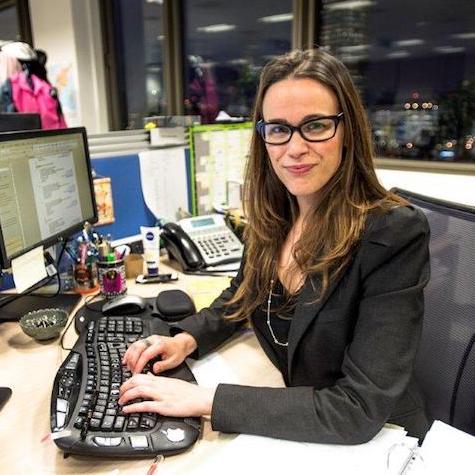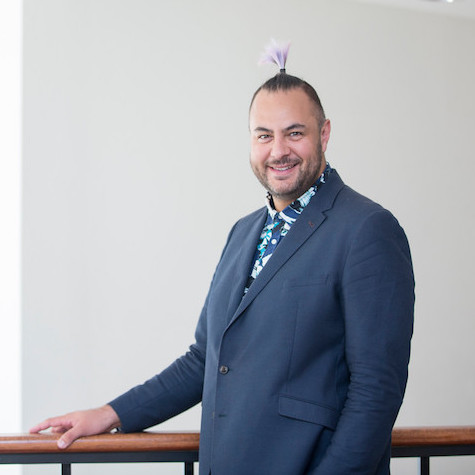Careers at IMO
How many organizations do you know that touch the lives of billions of people every day? Ours does.
We regulate international shipping – an industry that transports 90% of global trade, including probably the screen you’re now looking at and the food you ate this morning.
As a specialised UN agency, IMO ensures that shipping is safe and sustainable so that everyone can continue to enjoy its benefits across the globe.
Vacancies are open to all qualified candidates as the paramount consideration in the recruitment and employment of staff is the necessity of securing the highest standards of efficiency, competence and integrity. IMO seeks to increase the number of women at senior levels and, therefore, qualified women are particularly encouraged to apply. IMO seeks to increase geographical diversity amongst its staff and due regard will be given to diversity considerations in the recruitment process, particularly to nationals of Member States that are currently unrepresented in the Secretariat. IMO will make every effort to facilitate the employment of persons with disabilities and reasonable accommodation for applicants with disabilities will be made to support participation in the recruitment process.
In furtherance of the aforementioned objectives, when a position in the professional category is advertised externally, candidates will be considered in two tiers.
First-tier candidates will be considered at the same level as internal applicants and therefore, have an advantage over other applicants. The tiers are for the order of consideration of applications and does not supersede the criteria in the vacancy notice. First-tier candidates are:
1. Internal candidates
2. External female candidates (for positions at P-4 and above grades); and
3. Candidates from unrepresented Member States
The list of unrepresented Member States as of May 2024 is provided below for reference. The list will be updated periodically.
What you can look forward to
-
A multicultural environment
Natalia Laguna
External Relations Officer
For me, one of the best things about IMO is its multicultural nature. I work in a team of seven people with six different nationalities, each with different backgrounds, stories and perspectives. The variety of views keeps things fresh but also requires tolerance and diplomacy.
READ MORE -
A strong focus on climate change
Roel Hoenders
Head of Climate Action and Clean Air Section
Shipping is one of the most climate- and environmentally-efficient modes of transport, but it’s still regarded by many as a traditional industry. The main reason I joined IMO in 2018 was because it adopted its Initial Greenhouse Gas Strategy in the same year, which really demonstrated the organization’s change in mindset and a new dynamic to work towards decarbonization of this truly global industry
READ MORE -
Commitment to gender equality
Brendan Marshall
Senior Administrative Assistant, Technical Cooperation and Implementation Division
IMO highlighted the promotion of gender equality in 2019, when ‘Empowering Women in the Maritime Community’ was selected as the World Maritime Day theme. This promoted the work of the Women in Maritime programme, which was initiated in 1988. Since then, we have been intensifying our focus on the issue under the slogan - Training-Visibility-Recognition, because progress for women is progress for all – everyone thrives, including communities and economies, if we have gender equality.
READ MORE -
Opportunities to drive change
Lionel Shen
Computer Assisted Translation and Terminology Specialist
The maritime sector is constantly evolving, with digitalisation presenting some great opportunities for innovation, for instance through autonomous shipping, blockchain technology and the ‘Internet of Things’ (IoT). New technology is not being used to replace people but to assist them, so they can take on smarter, higher-level roles, as we’ve done for thousands of years.
READ MORE




